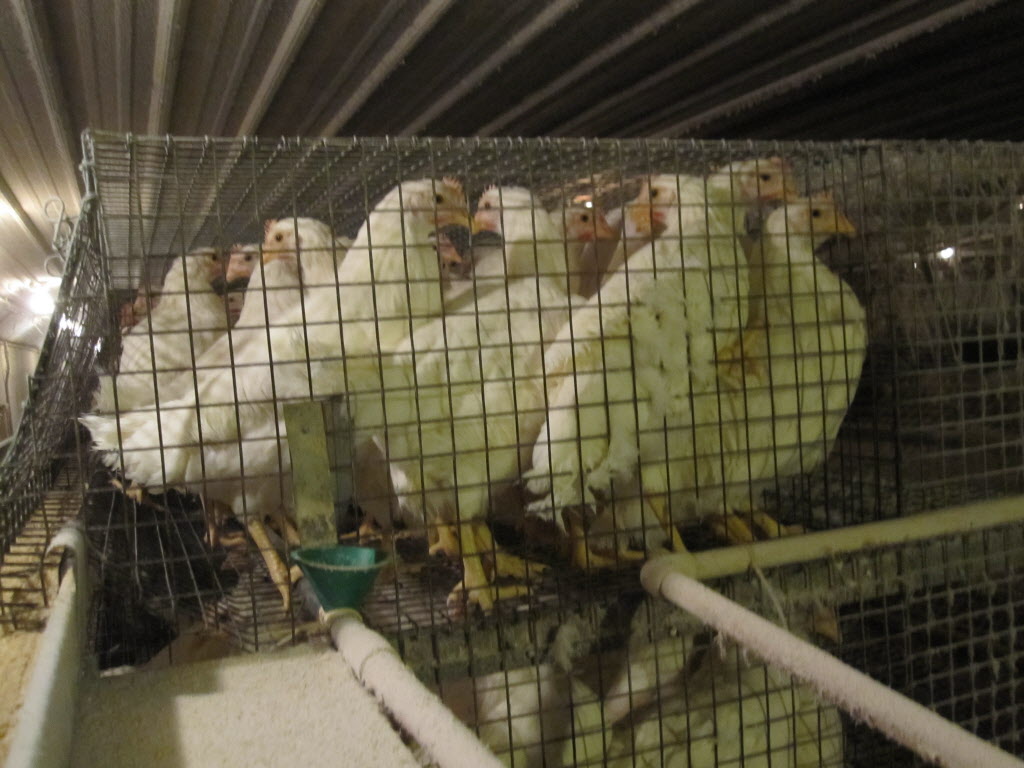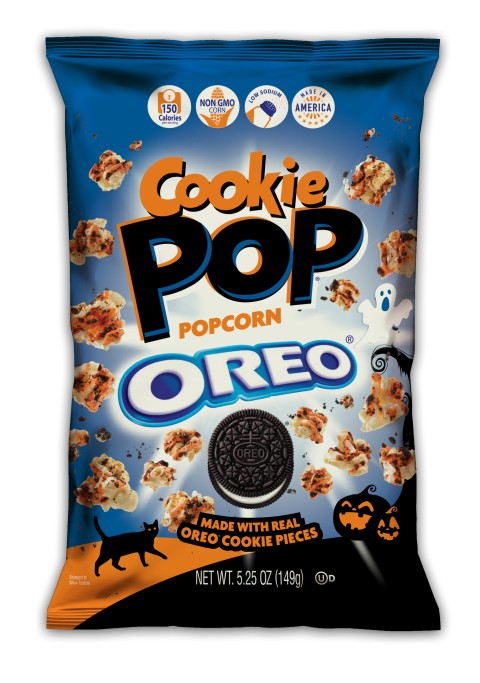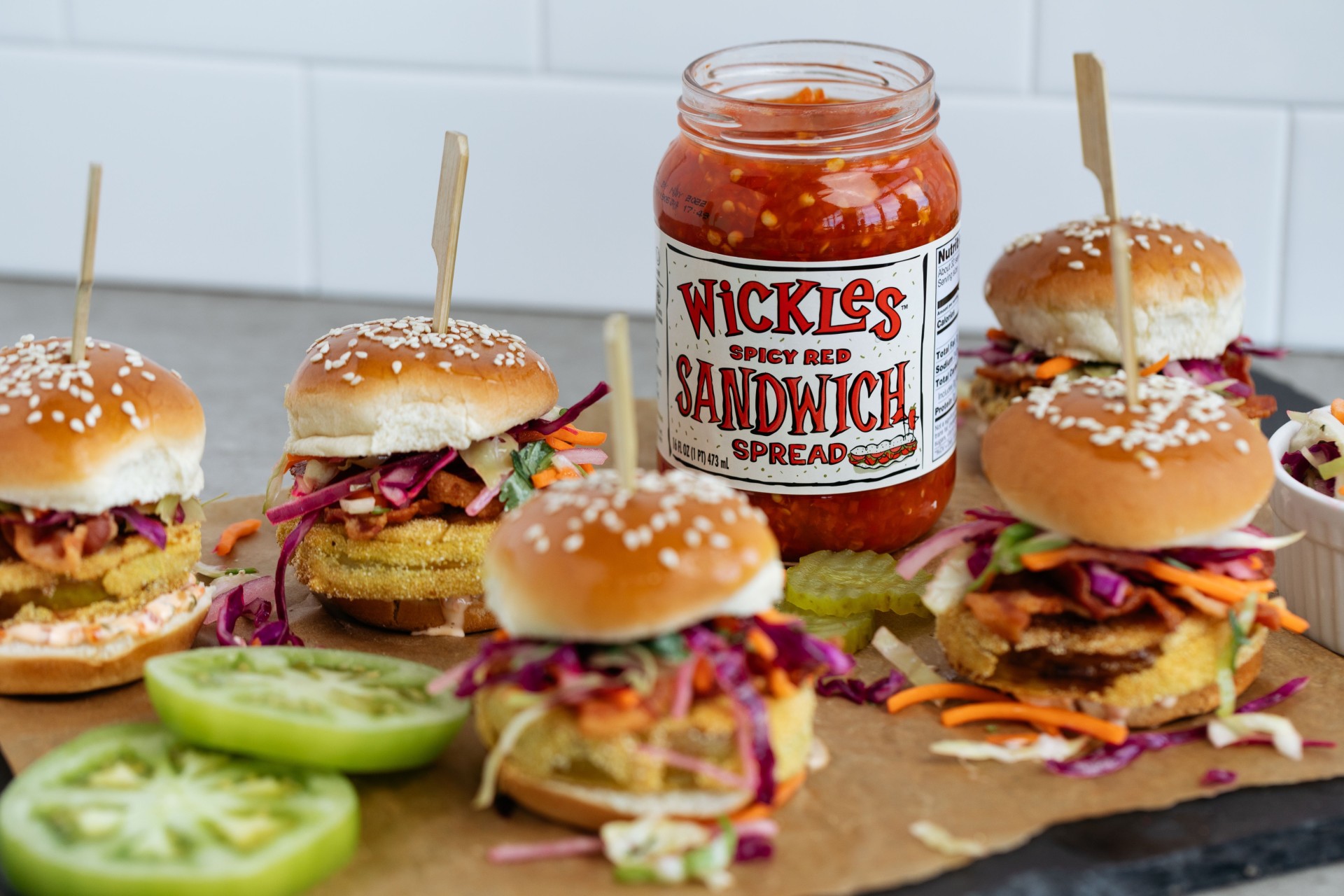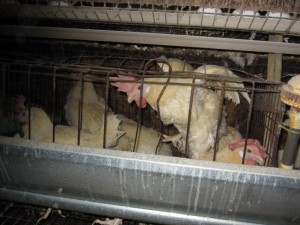 Celebrities, NGOs and food companies joined Humane Society International to launch Déjalas Mover, Let Them Move, a campaign to end the most controversial practice in animal agriculture: the lifelong confinement of egg-laying hens and breeding sows in cages so small the animals can barely move.
Celebrities, NGOs and food companies joined Humane Society International to launch Déjalas Mover, Let Them Move, a campaign to end the most controversial practice in animal agriculture: the lifelong confinement of egg-laying hens and breeding sows in cages so small the animals can barely move.
In Mexico, approximately two billion farm animals are raised every year for human consumption. Breeding sows (mother pigs) are frequently confined for their whole lives in gestation crates, individual cages barely larger than the animals’ bodies, that prevent them from even turning around. Tens of millions of egg-laying hens in the country also spend their whole lives confined in wire battery cages, so small that they cannot even fully spread their wings.
Elissa Lane, deputy director of HSI Farm Animals, said:
“We are thrilled to announce the launch of our new campaign, Déjalas Mover, in Mexico. By joining this campaign and saying no to battery cages and gestation crates, consumers, celebrities, chefs and food companies have the power to reduce the suffering of millions of animals in food production in the country. Consumers in Mexico care about how animals are treated and oppose the lifelong confinement of intelligent and sentient beings in cages so small that they can barely move.”
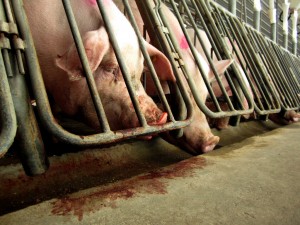 Several countries around the globe have already banned the lifelong confinement of egg-laying hens in battery cages and breeding sows in gestation crates, and the world’s largest food retail companies and producers are also adopting more humane cage-free purchasing policies and production practices. HSI works with food retail companies and producers in Mexico to adopt these cage-free purchasing policies and production practices in the country.
Several countries around the globe have already banned the lifelong confinement of egg-laying hens in battery cages and breeding sows in gestation crates, and the world’s largest food retail companies and producers are also adopting more humane cage-free purchasing policies and production practices. HSI works with food retail companies and producers in Mexico to adopt these cage-free purchasing policies and production practices in the country.
Bruno Bichir, actor and Déjalas Mover campaign supporter said:
“I’m against egg production that crams chickens in cages, where they can barely move, for their whole lives. I can’t image a worse life. There are more humane ways to produce eggs, and I invite my friends to join me in signing Humane Society International’s Déjalas Mover petition.”
Jose Maria Yazpik, actor and Déjalas Mover campaign supporter said:
“No matter what we place on our tables to eat, we can all agree that farms should be free of cages. I can’t think of anything worse than spending my entire life not being able to move.”
Marco Antonio Regil, television personality and Déjalas Mover campaign supporter said:
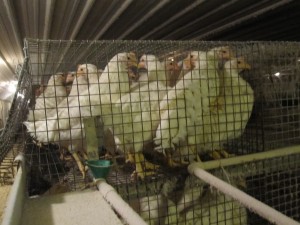 “I’d never want to see my dogs locked in a cage for their whole lives. Farm animals, just like mother pigs and hens, are also intelligent animals. Just like dogs and human beings, they have personalities and need to move, exercise and socialize with other living beings. They deserve to be treated more humanely.”
“I’d never want to see my dogs locked in a cage for their whole lives. Farm animals, just like mother pigs and hens, are also intelligent animals. Just like dogs and human beings, they have personalities and need to move, exercise and socialize with other living beings. They deserve to be treated more humanely.”
HSI and its celebrity supporters invite consumers to join them in saying no to cages in Mexico by signing the Déjalas Mover pledge: www.hsi.org/dejalasmover
Facts:
- In the European Union, a ban on the continuous use of gestation crates came into effect in 2013. In New Zealand and Australia, permanently housing sows in gestation crates will be phased out by 2015 and 2017, respectively. In the United States, nine states have passed legislation to restrict this practice. South Africa is considering a restriction by 2020, and Canada has also banned the practice.
- The use of conventional battery cages for laying hens is banned throughout the EU, New Zealand, three US states and Bhutan. In India, the world’s third largest egg producer, 20 states have declared the use of battery cages violate the country’s animal welfare legislation, and the country is debating a national ban.
- Dozens of major food companies, including McDonald’s, Burger King, Subway and Costco, have committed to eliminating gestation cages from their supply chains in the U.S. Arcos Dorados, McDonald’s largest franchisee in Latin America, announced earlier this year that by the end of 2016 all its pork will be sourced by producers that can demonstrate plans to limit the use of gestation crates.
- Unilever has committed to eliminating eggs from battery cages from their global supply chain by 2020. Companies like Burger King, Subway, and Starbucks are already using cage-free eggs at their U.S. or European locations.
- A growing number of restaurants and supermarkets in Mexico are deciding to offer only cage-free products, including Green Corner, Google Mexico dining facilities, Quintonil, Orígenes Orgánicos, Pan Comido, and House of Cakes.
- A number of pig and egg producers in the country are already using cage-free and crate-free systems, including Sabío, Llano Grande, E-el, Bioesfuerzo, Morlota, and Finca Guayacán. Smithfield Foods, the largest pig producer in the world and in Mexico (Granjas Carroll de México) has also committed to being 100 percent crate-free globally, including in Mexico, by 2022.



